NON FICTION
_______________________________________________________________________________1. A Brief History of Time- Stephen Hawking
Even though it celebrated it's 10th anniversary about 15 years ago, this piece of literature is a must read for science teachers. Hawking writes this for the layman (under 200 pages), taking complicated mathematical astrophysics and simplifies so my mom can understand it. Hell, he only uses one number in the whole book (the speed of light). I have my students in my Astronomy II class read this as supplemental material for particle physics, Einstein's Theories of Relativity, and Black Holes. Much of this book is still applicable with new physics, but you may want to look up some new physics after chapter 8.
2. The Elegant Universe- Brian Greene
When you finish with Hawking, you may want to expand your knowledge to more current theories on string theory, M theory, or quantum tunneling. No one is better at this than Brian Greene. He is a string theorist, but try to not hold that against him. The beginning half of this book is wonderful. He uses real examples to teach us about dimensions, the speed of light and Einstein. I am not sure how much of the string theory stuff I buy into, but it is always good to see all of what is out there. He made a PBS special on this that you can watch online that is also great. I believe you can even use clips from it in your class.
3. The Clockwork Universe- Edward Dolick
This is essentially a biography of Isaac Newton. I am a huge believer in the importance of the history of science. Scientific developments are subject to political pressure, society's whims, and funding. It was no different in the time of Newton, and it is no different now. I think you should definitely read a biography on Newton, Galileo, and Kepler if you are going to teach physics or astronomy.
4. Cosmos- Carl Sagan
No one is better than Carl Sagan. He is somewhat of an icon in my astronomy classes. Even though this Cosmos series was shot in the 80's and has very poor effects as seen today, my students love it! Carl has a personality and a flare for drama that is unmatched in today's discovery channel specials. The series is on Netflix and is totally worth a look. This book is a must read for astronomy teachers.
5. Surely You are Joking Mr. Feynman- Richard Feynman
Any book by Feynman is a gem. His books were ones that physics teachers anticipated like a 9th grade girl waited for a Twilight movie. He is funny, light, and brilliant. After you get a feel for Feynman with this one, check out his Lectures.
FICTION
______________________________________________________________
1. Timeline- Michael Crichton
Anything by Mr. Crichton is great, but this one I really enjoyed. I am a big history buff as well. I heard at one time that the way in which he describes going back in time using quantum foam and such is theoretically possible, but you know how non-fiction is. This may be on my top 10 book list and has some interesting science in it. The movie is okay, but nothing compared to the book.
2. The Sum of All Fears- Tom Clancy
Tom Clancy writes terrorist handbooks. All of his books are amazing in their detailed descriptions of how the military functions. He describes the engineering behind a lot of military applications of what we talk about in our classes. His best book may be Rainbow Six, but this one describes how to create a nuclear bomb in intricate detail. Coming from the guy that crashed airplanes into the Capital Building a decade before Bin Laden, this guy knows the mind of the military and their enemies. I would suggest starting with Patriot Games and read the all. Ignore the movies.
3. Science Fiction- Various Authors
I am going to cap this list off by encouraging you to read some science fiction. Although the science may be bad in these, the imagination that goes into the uses of simple scientific principles is noteworthy. I read these as they are classics that any fan of the genre are must reads. Most of these are a series of books that if you like the first one, you wont want to stop.
- Ender's Game- Orson Scott Card
- Foudnation and I, Robot- Isaac Asimov
- Battlefield Earth- L Ron Hubbard
Finally, as I have your attention, the best series I have ever read has nothing to do with science, but is amazing anyway. If you have not read George RR Martin's Song of Fire and Ice series, you are missing out. It begins with A Game of Thrones and only gets better after that. HBO has picked it up and done a great job adapting it to screen.
Please let me know what you are reading as I am always looking for something new.
Chris
@christopherlike


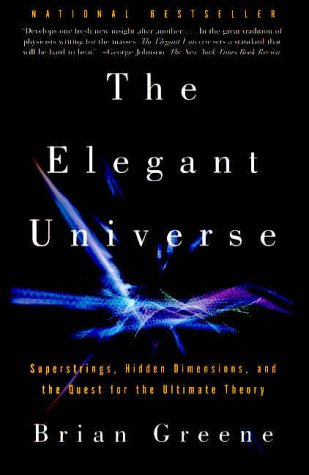
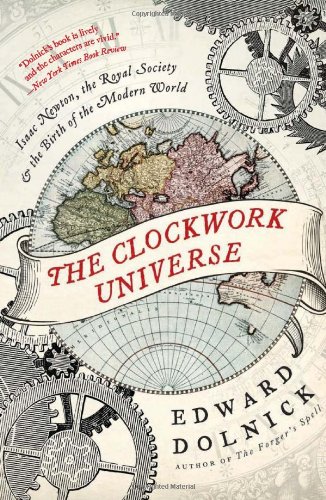
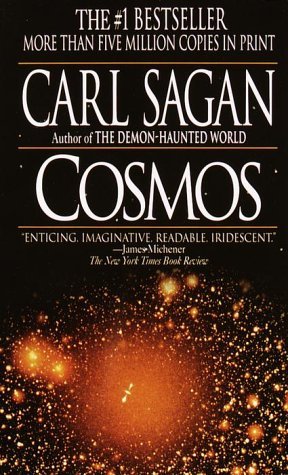
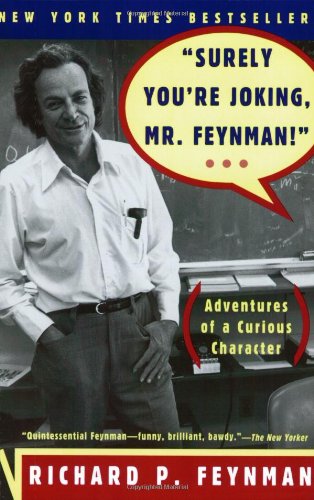
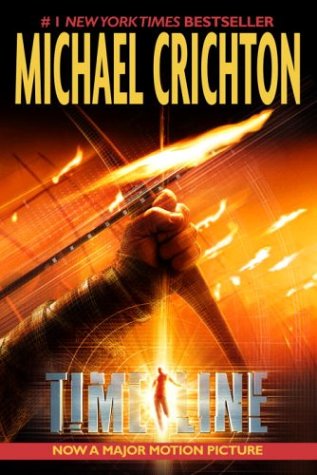

No comments:
Post a Comment
Please add your insight to this or any of the postings on this blog.